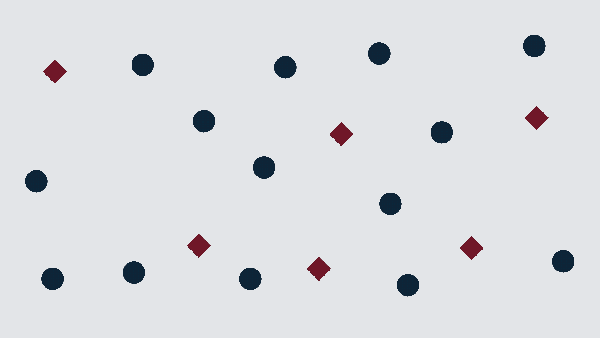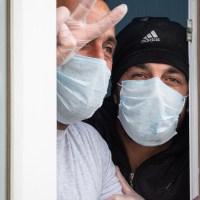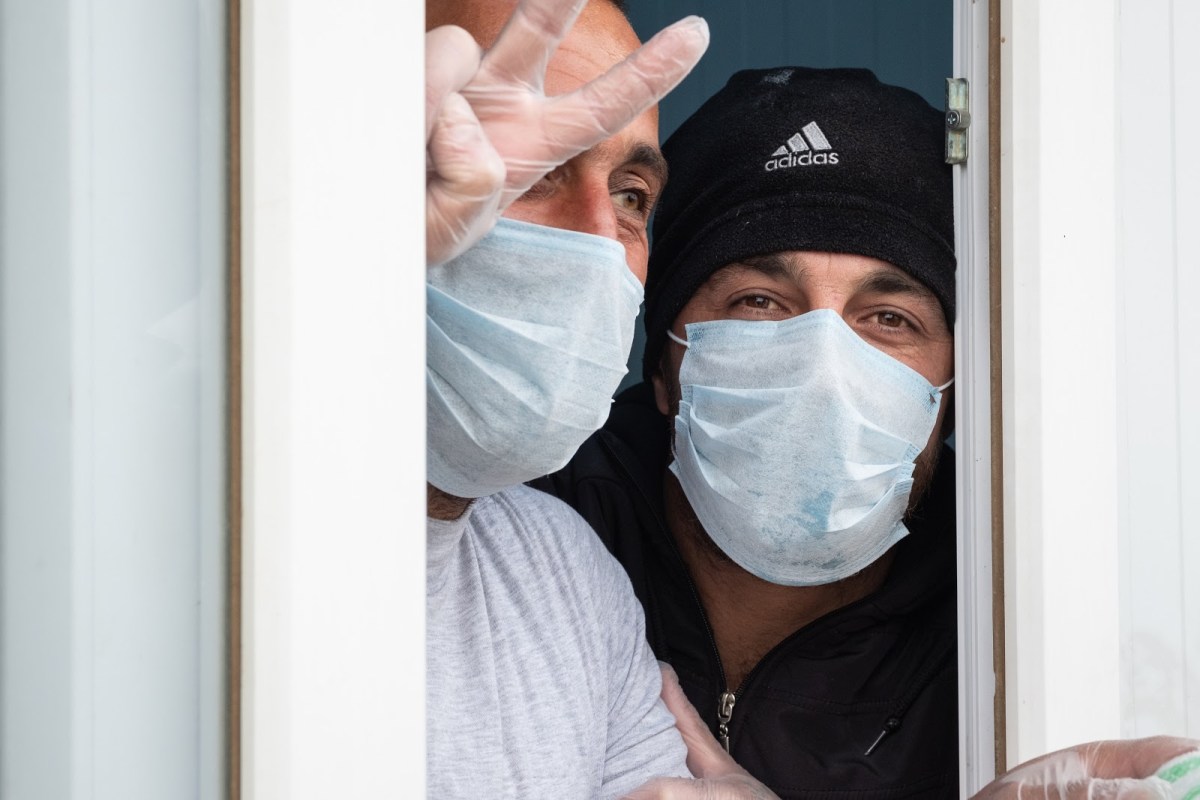There’s a lot of talk about social distancing right now, why it’s important to stop the spread of COVID-19, or coronavirus.
It’s a simple enough premise (and one you should absolutely follow). When people remove themselves from public spaces and limit how much they move around and interact with others, we can drastically reduce the spread of infectious disease and keep the number of infections at a manageable level so we don’t exhaust vital resources.
But what if this same principle could be applied to peacemaking?
What if our presence in society as peacemakers—face-to-face and virtually—actually helps stop the spread of violence and hate?

ISIS didn’t become a global entity with thousands of members overnight. It started small, a band of people who held a shared set of grievances that formed into an ideology of hate—one they were bent on perpetuating.
The Nazis of the early 20th century didn’t start as a world superpower. They began as a small group determined to pursue an agenda of nationalism, exclusion, and ultimately, genocide.
Violence and hate start small. But they can spread quickly, especially when you know how to recruit new members: targeting those who are hurting, the lonely, socially isolated and excluded, and using a narrative of fear.
But peacemakers can curb the spread of violence when we get there first. The more of us who oppose violence, who put our bodies on the line, who show up for those most vulnerable to becoming either victims of violence or new recruits into violence—the more we can slow its spread.
When peacemakers continuously offer a different narrative—one of hope, of inclusion, of love—it can change the hearts of others. When we remind each other of the healing stories of our shared past, and make space for future change in ourselves and each other, we create the conditions to stop the spread of violence.
Not right away, perhaps. And maybe we won’t change everyone. But how will hate grow when it is continually confronted by those who refuse to subscribe to fear?

Our place in this world matters. Our voice. Our perspective. Our influence.
It can feel hopeless. What does one family social distancing in the midst of COVID-19 actually do? What does one person choosing peace over violence, love over fear actually accomplish?
A lot more than you might realize—in both cases.
It makes a difference. It slows the spread of violence. It starves hate of what it needs to spread. And it creates safe space for those who are threatened.
It may feel scary or hopeless. But your presence as a peacemaker, a peace-holder, a peace-bringer, might be the one thing that slows the spread of war.
Imagine what we can do together. A band of peacemakers, working in our communities around the world. Speaking a narrative of hope, of peace, of acceptance. Making room at the table for all voices and perspectives. Changing the landscape of war.
*simulations inspired by The Washington Post


